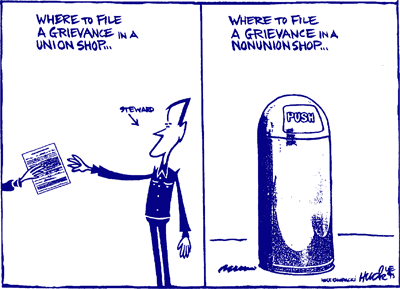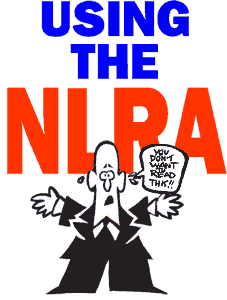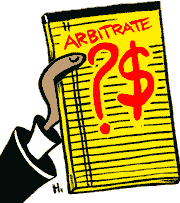The Seven Tests of Just Cause
One of the main reasons workers join unions is to gain protection against unfair and unjust discipline that employers hand out. Stewards must be ready to handle all sorts of discipline cases, from warnings to suspensions to firings. Stewards must be ready to deal with situations ranging from gross discrimination by the boss on who gets disciplined to union members who sometimes seem to go out of their way to get themselves in trouble.






